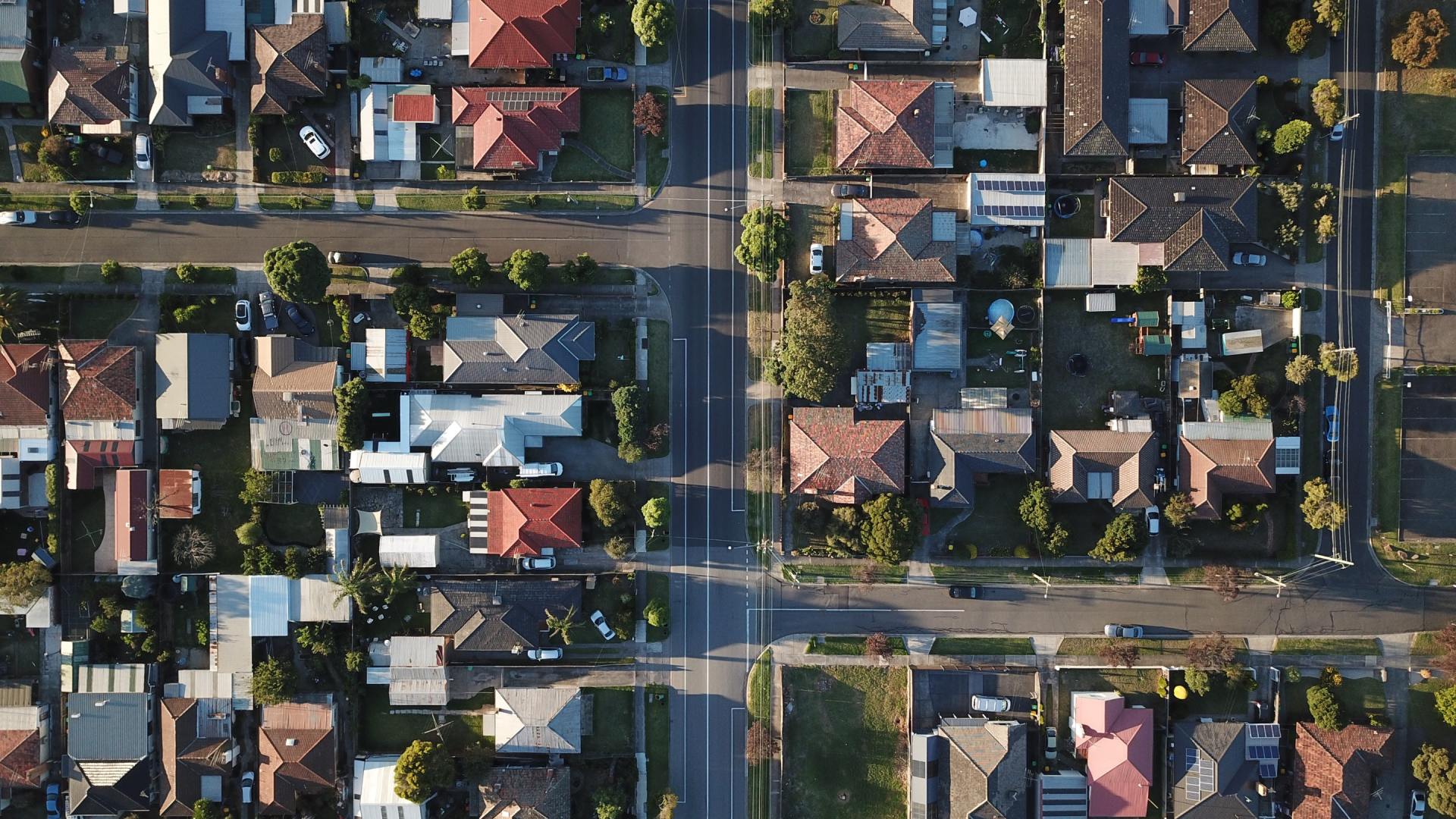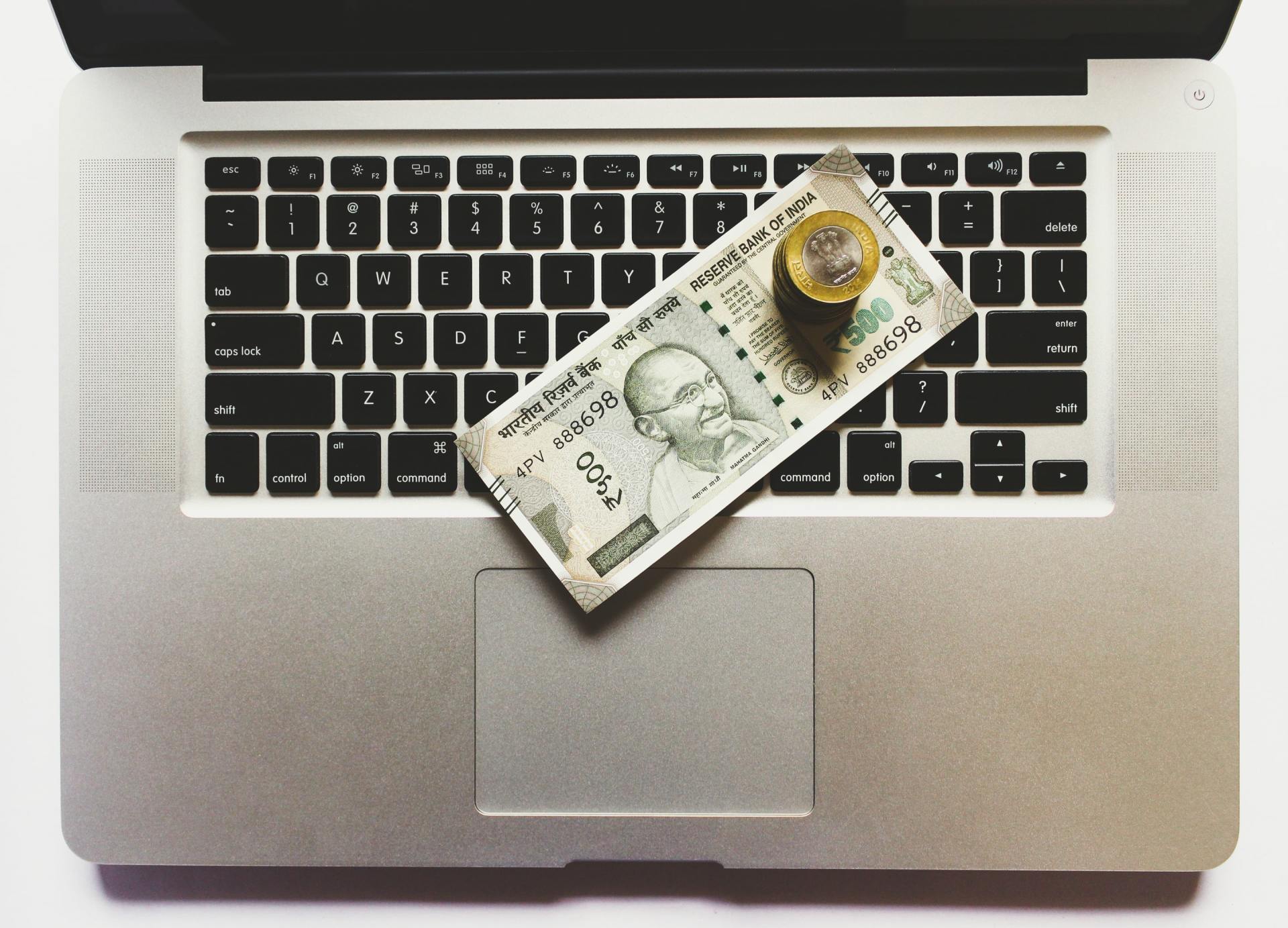4 Real Estate Terms That Every First-Time Homebuyer Should Know
Are you new to the world of real estate? If so, welcome!
I have spent the last few years studying this industry and over time, i’ve realized that unless you are actively planning to purchase a home, it’s likely that you aren’t aware of the common terminology used.
Not only will knowing them help you, but they will also help you confidently speak the language of lenders, agents and everyone else that will help make your
home buying dreams a reality.
So let’s dig in!

1. Appraisal report
What is an appraisal?
An appraisal assesses the value of a home. This is when a licensed professional (appraiser) comes out to provide an unbiased opinion of the home. They will walk on and through the property to determine it’s worth based on the current condition. The appraiser will then compile all of their findings into a report and generate the home’s appraised value.
Why is an appraisal important?
Well, for starters, lenders require buyers to get an appraisal because that’s what they use to determine how much to lend you. One common misconception is that lenders loan to you based on the listing price but it’s actually the value of the home.
Now if the appraisal comes back at a lower price than the current listing price, you can use this as leverage to renegotiate the purchase price with the seller.
Otherwise, you can make up the difference in price by increasing your down payment. However, my recommendation is to re-negotiate with the seller first or simply walk away from the deal.
I wrote about this and other closing costs
here.
2. Loan-to-value ratio
What is a loan-to-value (LTV) ratio?
The LTV ratio is the ratio between a loan amount and the value of the asset purchased by the loan. The higher your down payment, the lower your LTV ratio.
Why is loan-to-value ratio important?
The higher the score, the higher risk of the loan. For example, if you get an $90,000 mortgage to buy a $100,000 home, then the loan-to-value is 90%, because you got a loan for 90% of the home's value. Lenders like to see ratios between 80% - 90% but will still work with buyers in the 91% and up range.
This is why lenders like to work with buyers who can put down larger down payments. Anything less than 20% for a downpayment will require private mortgage insurance, which increases your monthly mortgage payment.
On the other hand, with an LTV of 80% or lower, you can become eligible for lower mortgage rates, i.e. lower monthly payments. You can take several steps to lower your LTV, including working with
me to boost your savings and make a larger down payment.
Click
here to learn more about 3 common loans that first-time homebuyers use and which ones require private mortgage insurance.
3. Closing costs
What are closing costs?
Closing costs are defined as fees associated with you obtaining financing (i.e. your loan) for your home. These can include but are not limited to loan origination fees, discount points, appraisal fees, title searches, title insurance, surveys, taxes, deed-recording fees and credit report charges. These are fees you as the buyer are responsible for, in addition to the
downpayment
and help you to determine if the investment (your home) is worth it. It’s important to note that sellers also have closing costs that they are responsible for.
How much do I need for closing costs?
This number will differ according to what and where you buy, but it’s recommended to have 3-5% of the purchase price saved.
4. Pre-Approval Letter
What is a pre-approval letter?
Obtaining a pre-approval letter is one of THE MOST important components to the homebuying process. It tells you exactly how much money you are approved to borrow for a home.
The mortgage lender will use your income, credit score, savings and a combination of other personal finances to determine this number.
Why is this important?
This is important because it will give you and your agent a ballpark range of how much you can afford to spend on a home. That way, you aren’t looking at homes that are out of your price range. I dive into all of this in my
book, which is something you can take with you as you talk with lenders, real estate agents and even look at potential homes. Grab yours ASAP.
Which of the above are you most familiar with or have more questions about? Comment below.
CONTACT ME
Thank you for contacting me!
I will get back to you as soon as possible.
Please try again later.
Get one step closer to financial freedom!
Join the Maximized Money gang (MMG), where I regularly send tips, news, and lessons from my financial journey to your email.
Thank you!
You have successfully joined the MMG. It's lit! Check your email inbox.
Ps. Are we connected on social media?














